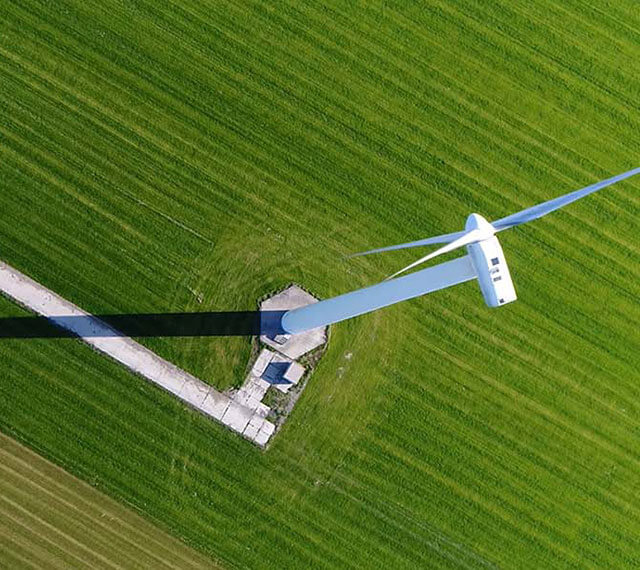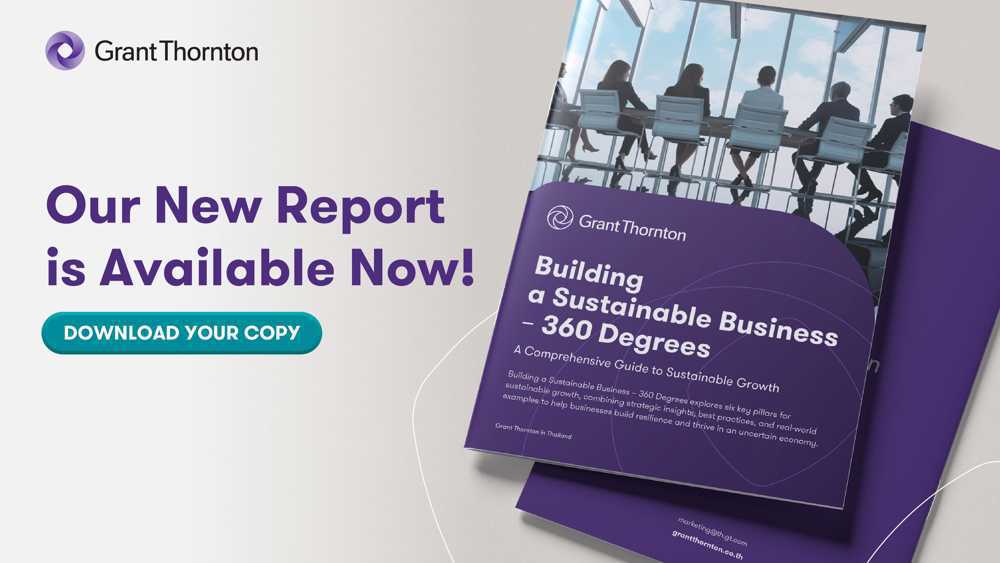
Why do we use technology? We use it for both defensive capabilities, such as increasing efficiency and productivity, and offensive purposes, such as obtaining more customers and selling more products. This duality strongly supports the need for innovation as the single most important lever to facilitate both environmental sustainability and long-term value creation.
Technology also forms the basis for modern security, keeping both your company and its customer data safe from misuse. Its utility for defence is by no means purely reactive; modern AI is an indispensable part of effective proactive risk management.
Today, no company can maintain its success for long without putting this at the heart of their business. Regulations like the Personal Data Protection Act add extra urgency to this. There is simply no choice: companies must both embrace technology, and ensure that it is being fully exploited.
Your competitors are already using automation and AI to enhance their production lines, their risk management processes, their customer service departments, and their administrative functions. Defensively these initiatives save energy and cut waste and take the monotonous work away from your employees. Offensively, this frees up talented employees with specialised knowledge to focus on more creative and value-adding tasks.
Getting started is often the hardest part. Selecting and then committing to the right technological path is difficult, but lack of expertise at the leadership level is no excuse. Consultants can easily be brought in to develop a digital strategy for your business, hire tech experts to execute it, and ensure they transfer their skills to your internal teams.
Adapt or perish

Case Study
Leading beverage company Thai Beverage has committed itself to implementing eco-friendly packaging and recycling initiatives across its product lines, consistent with its circular economy goals. To that end, the company has reduced the thickness of its aluminum cans, minimised paper usage in its packaging, and developed lighter caps for its drink bottles. Combined savings from these projects already surpass 400 metric tonnes of material per year - lowering costs, pleasing environmentally conscious consumers and staying ahead of the regulatory curve.
Thai Beverage is likewise investing heavily in the recycling and reuse of its products, with its ambitious circular economy goals influencing everything from the package design, marketing, and after-market treatment of its containers. To ensure that such efforts are prioritised within the organisation, employee compensation at all levels of Thai Beverage is tied to the company’s ability to meet these recycling targets in the years ahead.
Nor is Thai Beverage alone in its environmental pursuits. Once a coal giant, Thai energy firm Banpu transformed its operations by 2023 in response to climate activist pressure and Thailand’s push toward renewables. Banpu rolled out IoT sensors across its coal and solar plants, slashing downtime as well as emissions through real-time monitoring of their operations.
Banpu is also embracing a blockchain system to track and verify its green energy credits, assuring buyers of sourcing authenticity while also solidifying the organisation’s move toward solar and wind power. Renewables became a sizable share of Banpu’s portfolio by 2024, modernising and balancing the business while keeping profits steady.
Other notable companies have also followed technological paths to digital success. Grab uses AI in its mapping system to optimise driver routes based on traffic and other variables, saving time per ride and cutting fuel use - while making customers happier. The transportation and delivery company is also moving toward blockchain to secure parts of its payment system.
Technology drives sustainable innovation when it is purposeful, secure, and tied to genuine community values. This in turn provides both defensive and offensive benefits. Of course, developing new systems also requires great vision and skill, as well as a commitment to training employees in their effective use. The task is difficult yet the rewards are monumental, as a fast iterative cycle can keep companies at the head of their industry for a long time to come.

Building a Sustainable Business – 360 Degrees
Please click the link to download Building a Sustainable Business – 360 Degrees





